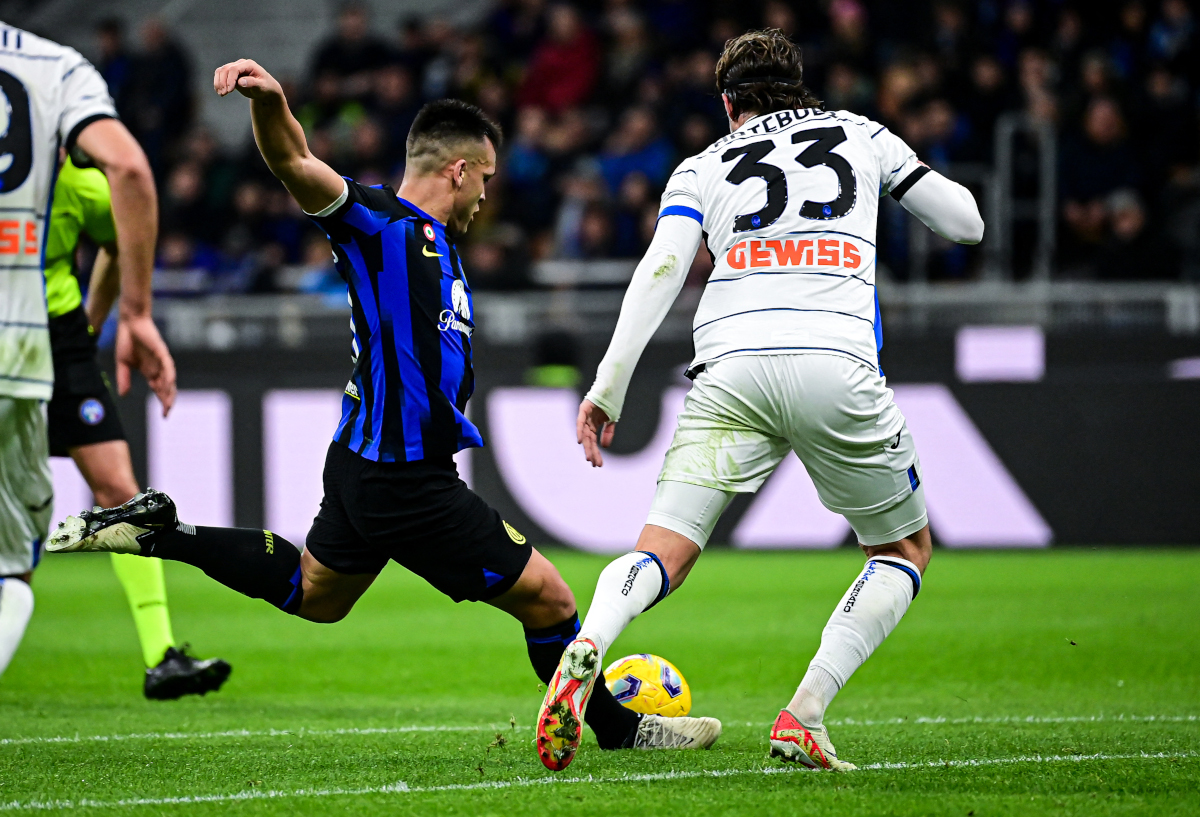In the recent encounter between Atalanta and Inter, a contentious moment unfolded that significantly influenced the outcome of the match. Atalanta, in a seemingly promising offensive maneuver, appeared to have taken the lead against Inter. However, jubilation quickly turned to dismay as the goal was disallowed due to a perceived handball, a decision that was predicated upon a thorough examination of the regulations stipulated by the International Football Association Board (IFAB).
The pivotal sequence of events leading to the disallowed goal commenced with Mario Pasalic’s interception of a wayward pass from Benjamin Pavard. Subsequently, Aleksei Miranchuk’s relentless pressure on Alessandro Bastoni’s clearance paved the way for Charles De Ketelaere to capitalize on the rebound opportunity and fire a shot toward the goal.
Nevertheless, the euphoria that accompanied Atalanta’s apparent breakthrough was short-lived, as the match officials intervened following a Video Assistant Referee (VAR) On-Field Review. The review determined that Miranchuk had illicitly made contact with the ball using his arm, thus nullifying the goal and igniting a wave of controversy.

The decision to disallow the goal was not devoid of ambiguity, despite Miranchuk’s arm being visibly raised and positioned away from his body. The interpretation of IFAB guidelines, which delineate a precise demarcation between the valid area of the shoulder and arm for ball control purposes, played a crucial role in shaping the outcome of the incident. Upon scrutinizing visual evidence, it became apparent that the trajectory of the ball intersected Miranchuk’s arm approximately along this demarcation line. This fortuitous alignment of events proved advantageous to Inter, as the clarity of the available footage facilitated the referee’s decision-making process.
In contentious scenarios such as this, where subjective judgments regarding handball infractions come into play, the ultimate authority rests with the referee. Despite the input provided by VAR, its role is limited to recommending an On-Field Review, with the final determination falling within the purview of the match official. Thus, the decision to disallow Atalanta’s goal underscored the inherent subjectivity of officiating in football, leaving both teams and spectators alike to ponder the intricacies of the game’s rules and regulations.


